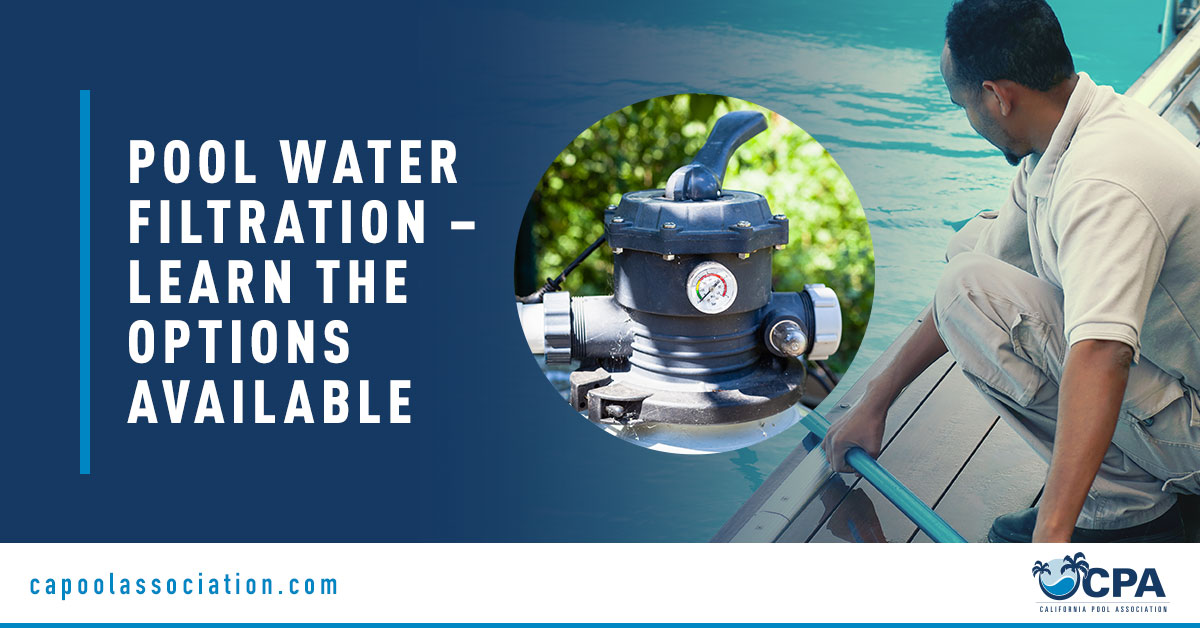
Looking back into the history of water filtration, ancient India, Greece and Egypt used various 3rd and 4th century methods to filter water. This included boiling it using the sun, pouring water through cloth and through barley. Early around 1627 there were discussions on the use of sand to remove salt and filter sea water, although they were not successful at that time. The first documented use of sand filtration dates back to 1804 in Paisley, Scotland, used to treat drinking water. London, England was the first metropolitan area to use sand filtration. The practice became mainstream in 1854 until a cholera outbreak exposed the connection between drinking water and microorganisms. Pumping stations were temporarily shut down and the spread of disease stopped. Diatomaceous earth (D.E.) as filtration has been in use for over 100 years. Diatoms are fossilized, skeletal remains of an aquatic plant which looks like honeycomb. Today we see D.E., silica sand, fiber cartridge, and D.E. cartridge filters as the main filter options used in the industry. When I started in the service industry in 1980, I had a couple pools with the coffin filters (canvas bags) tied on to copper pipes inside a concrete rectangle with a top retainer and gravity feed return to the pool. These bags would have to be washed and reused. D.E. grid filters were the main stream filter (Purex) with the rotary valve being a big player. Fiber cartridge filters have become a favorite filter option for homeowners and residential pools. In the last 10 years we have the addition of quad cartridge D.E. filters. All have their place in the industry along with the new addition of recycled glass.
1. Sand filtration (used mostly in commercial and light commercial applications) has the lowest/ poorest level of filtration at about 20 microns. Even with the filtration level at 20 microns it is by far the best filter in commercial applications.
2. Fiber cartridge filters (generally used in residential applications) offer a couple benefits:
3. D.E. filters are found in light commercial and residential applications across America. They have been the main line filter option for decades. They do filter to a very good water quality in the range of 7 microns. In a residential setting the operating cost is not a problem with grids lasting for a number of years. In a commercial setting it is a problem as they need to be serviced at times every month. On spas, the grids might last a year. You have the issue of carrying D.E. pool side after every backwash, often with powder getting into the air while bathers are nearby. Yes, we are in the business to make money and that has to be balanced with saving money and providing options for our clients. 4. Quad D.E. filters are becoming common in residential and light commercial applications. They offer the same water filtration quality as grid D.E. (7 microns) filters, combined with the durability of a fiber cartridge. In my opinion they are the best option for residential applications. They also work really well on light commercial spas. They are very easy to service with one minor concern, they do not backwash very well, it is almost a waste of time and money to install a backwash valve on a residential installation. On a commercial application it is necessary, but not very effective, which makes them a very poor selection on a commercial pool for that reason only. 5. Glass filtration This is the most exciting option to come into the market in a long time. GLASS FILTRATION is used in place of silica sand in sand filters. Those of us that have sand filters on service know the benefits of sand filters…along with the things they don’t do well.
Thank You,
Larry Walters
California Pool Association
909-536-3027